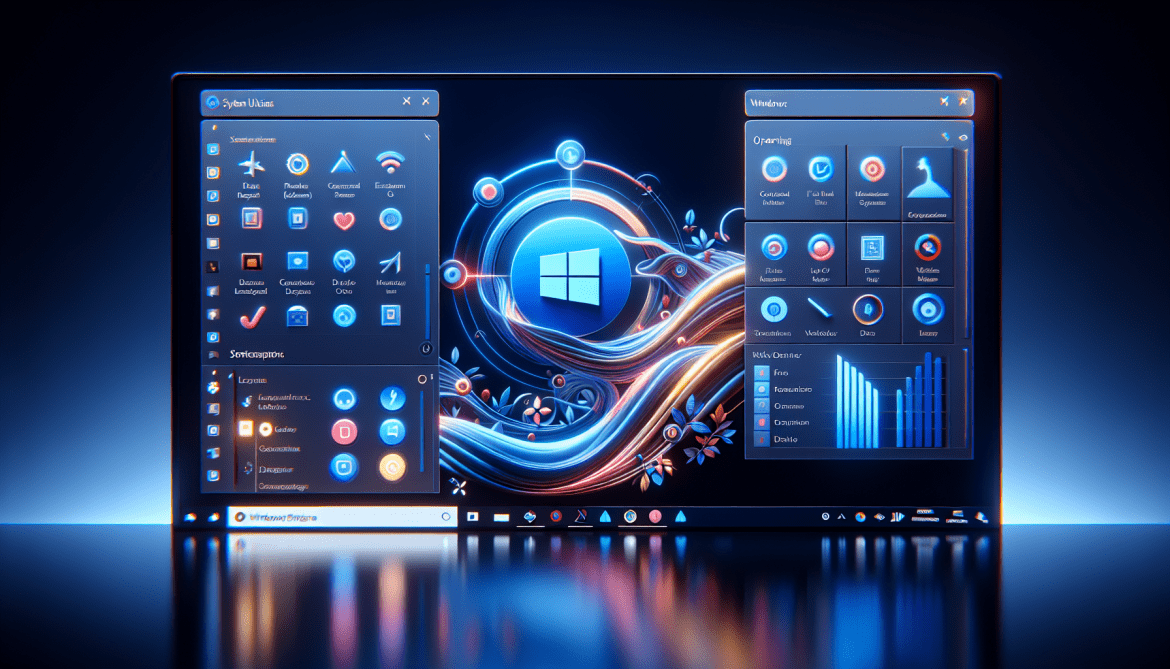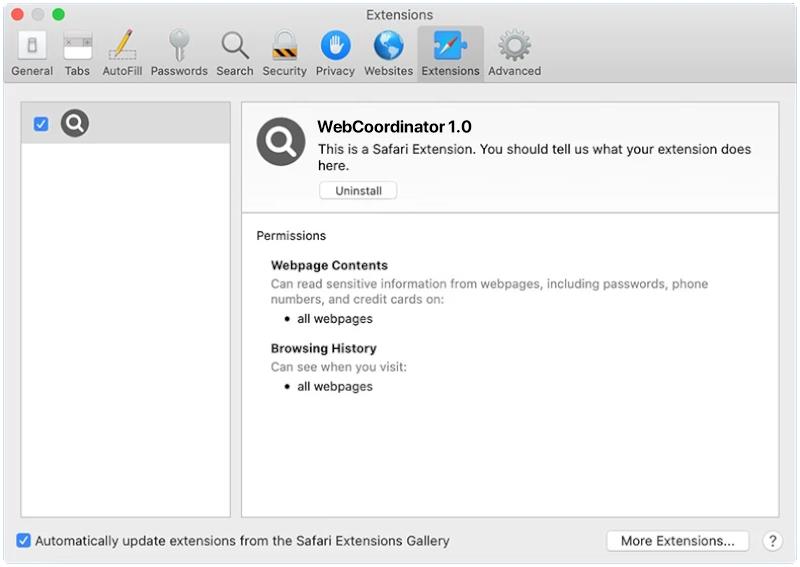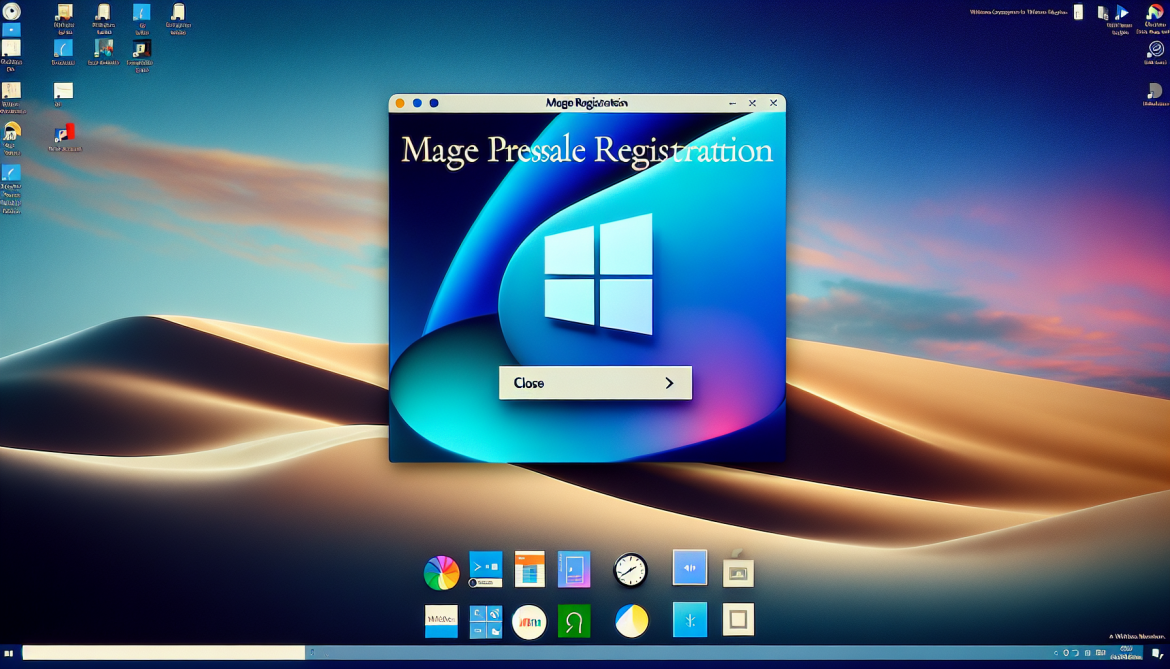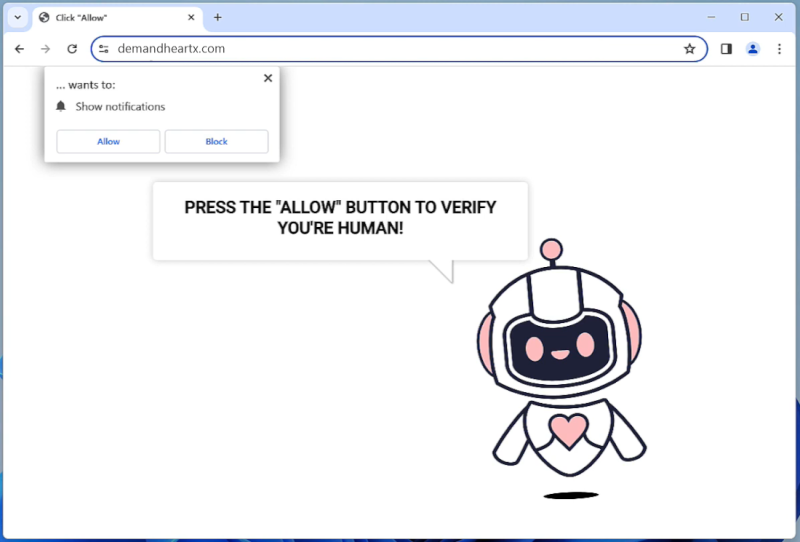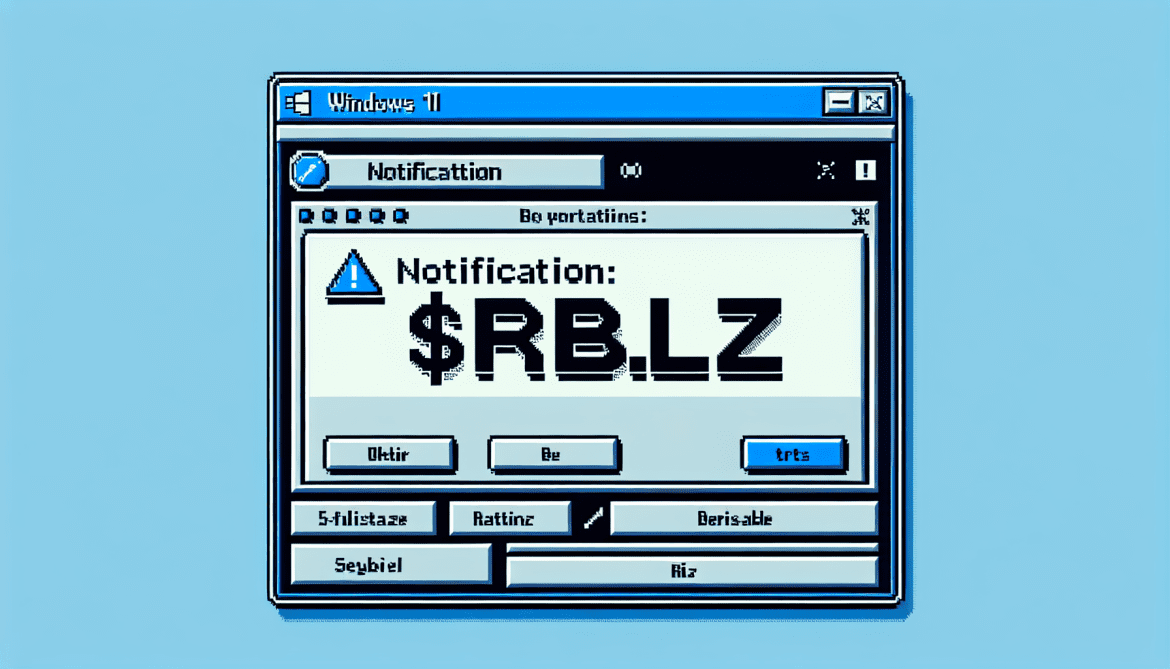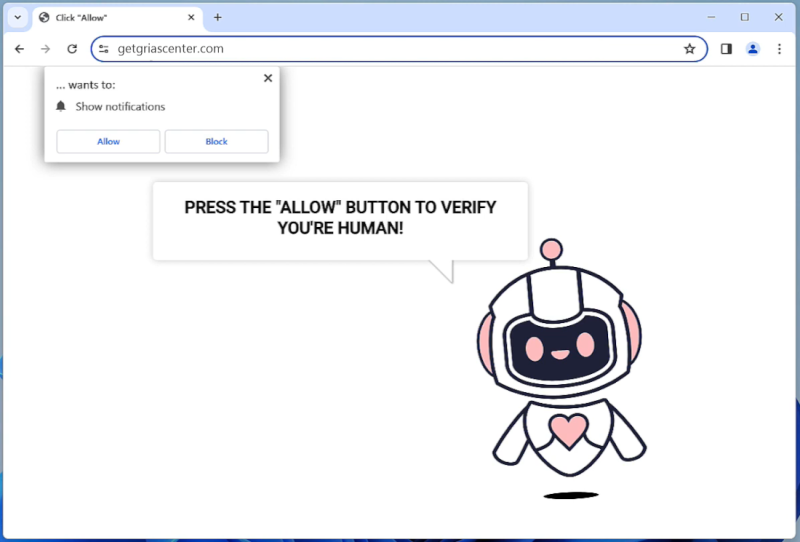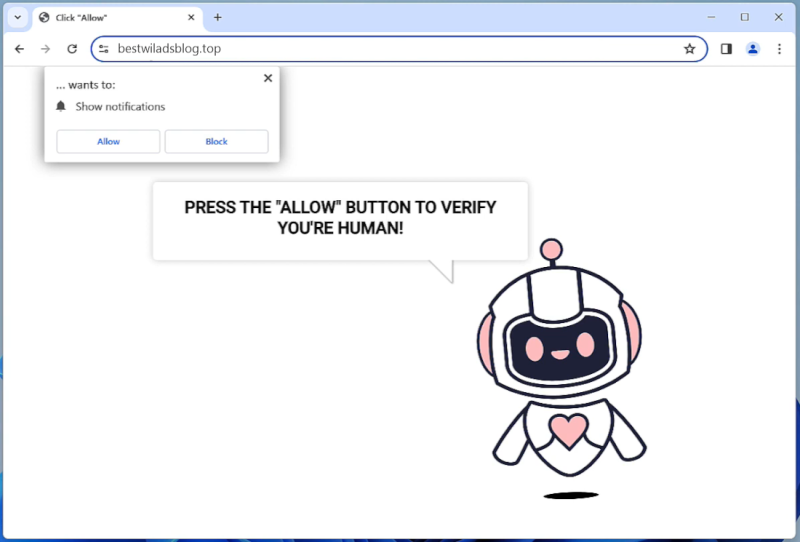Sharp is a type of malware, specifically a Trojan horse that infects computers. It is designed to steal sensitive information from the infected system, such as login credentials, financial data, or personal information.
Sharp typically infects a computer through malicious email attachments, links, or downloads. Once the malware is executed on the system, it can spread to other computers on the network and exfiltrate data without the user’s knowledge.
To protect against Sharp and other malware, it is important to regularly update antivirus software, avoid clicking on suspicious links or downloading attachments from unknown sources, and practice good security hygiene when browsing the internet.


